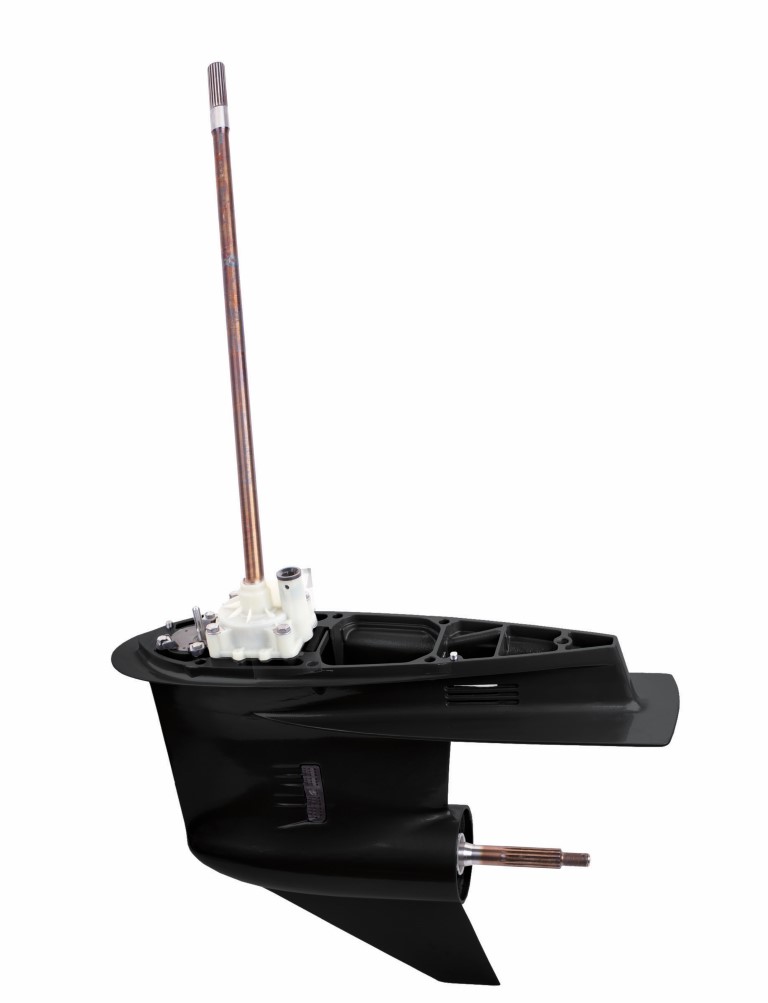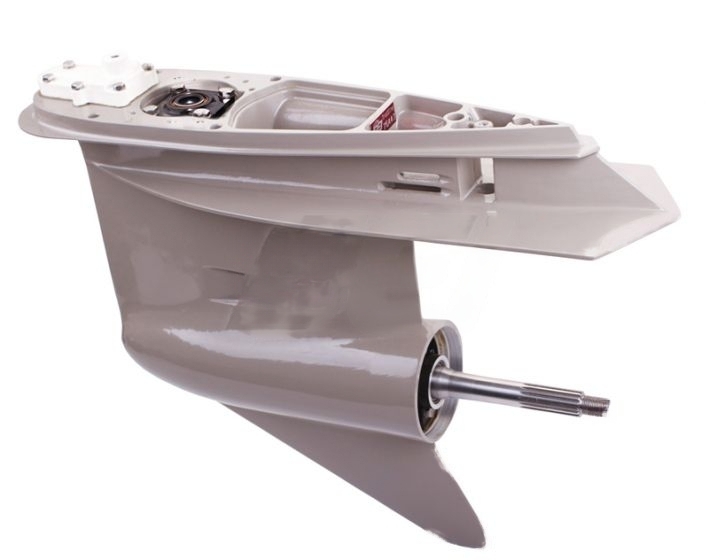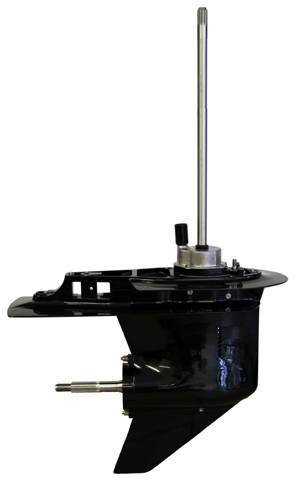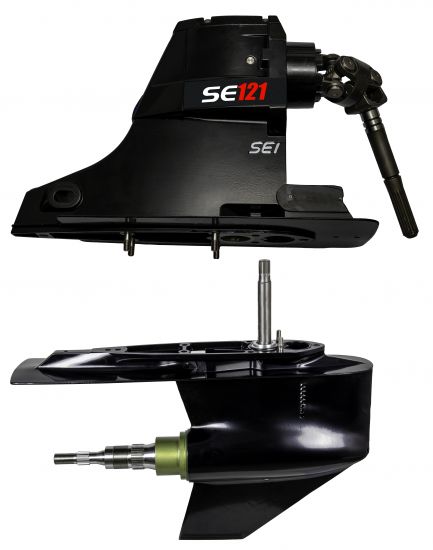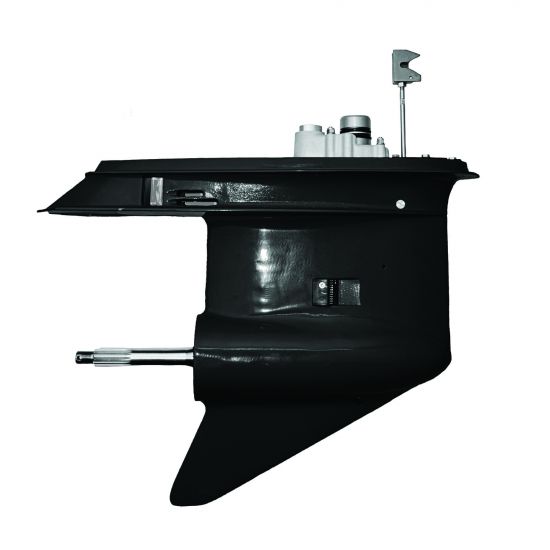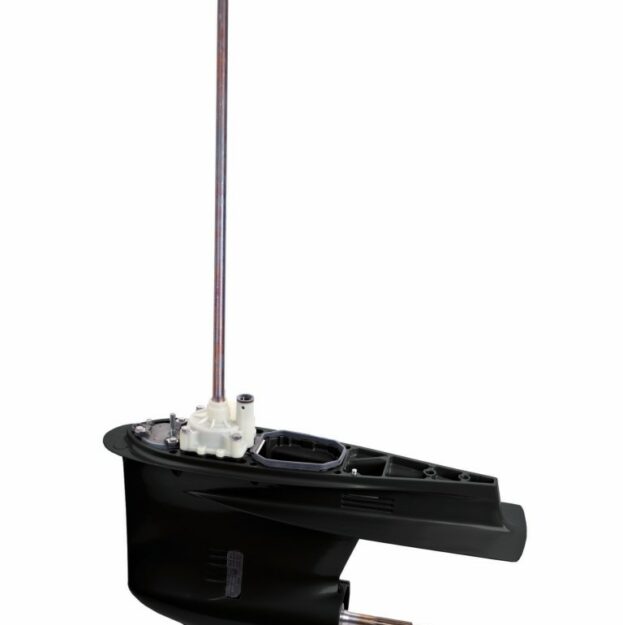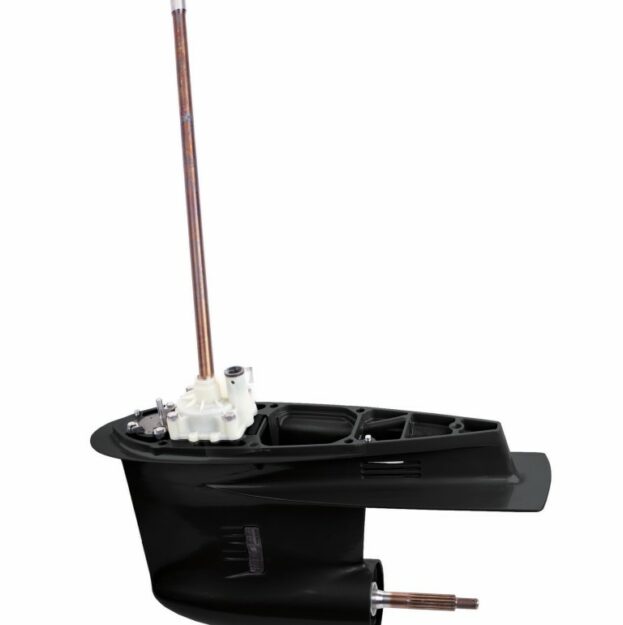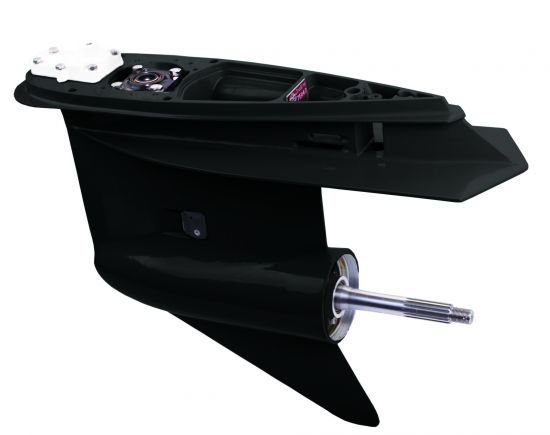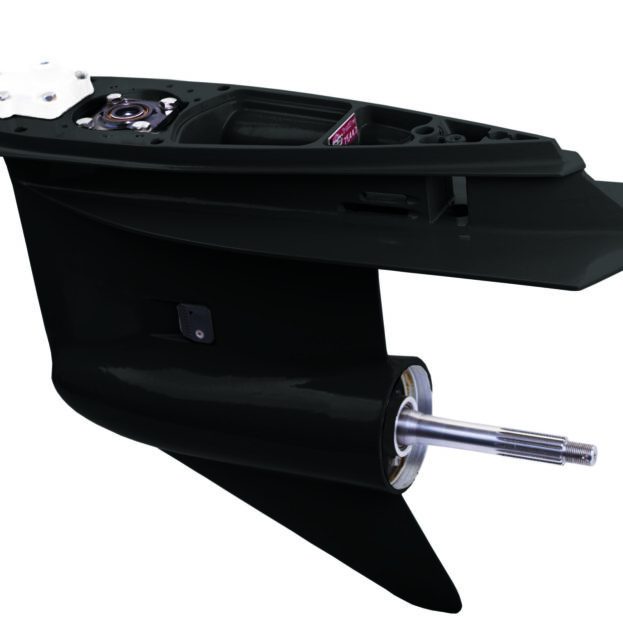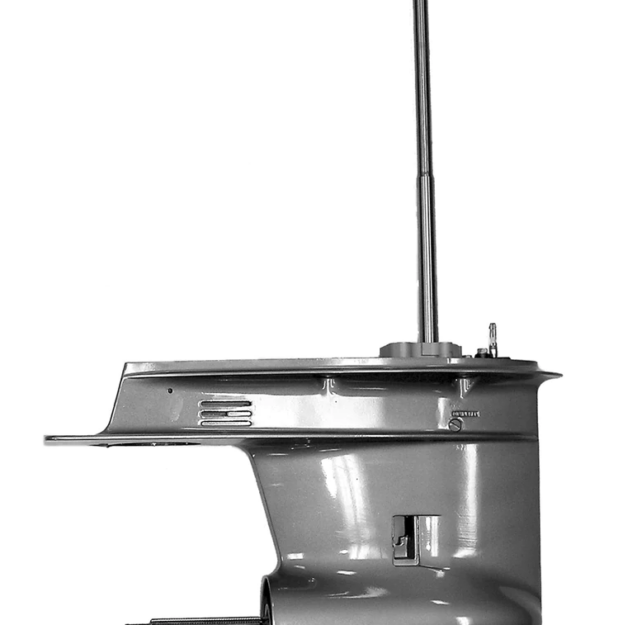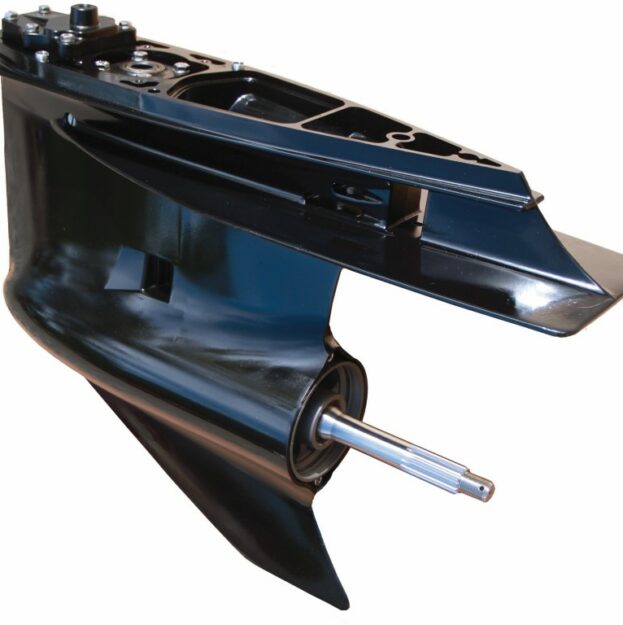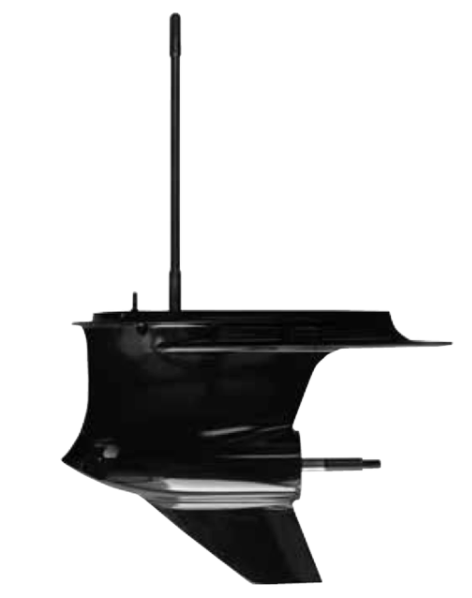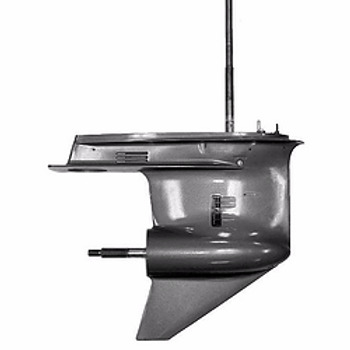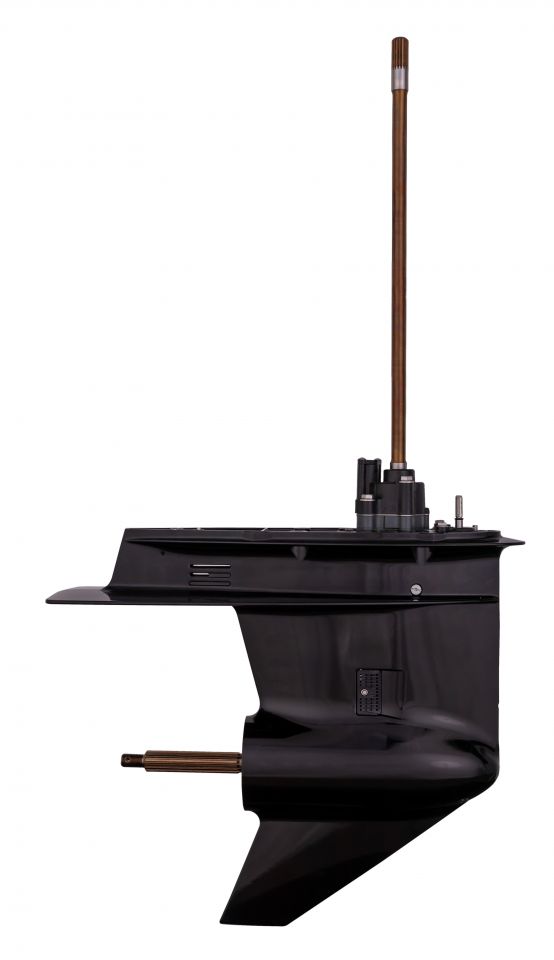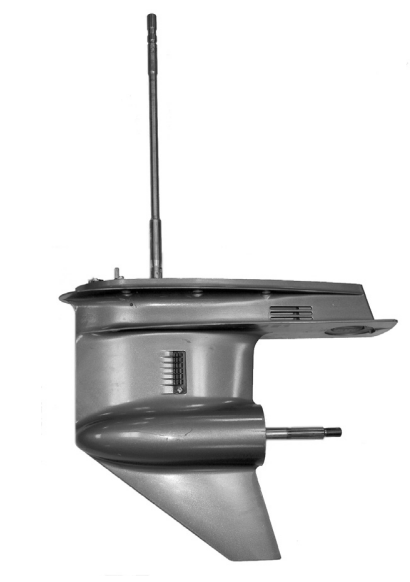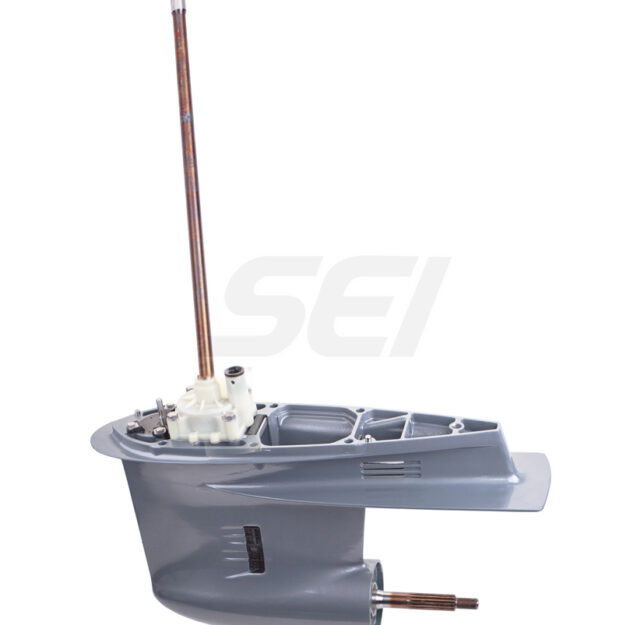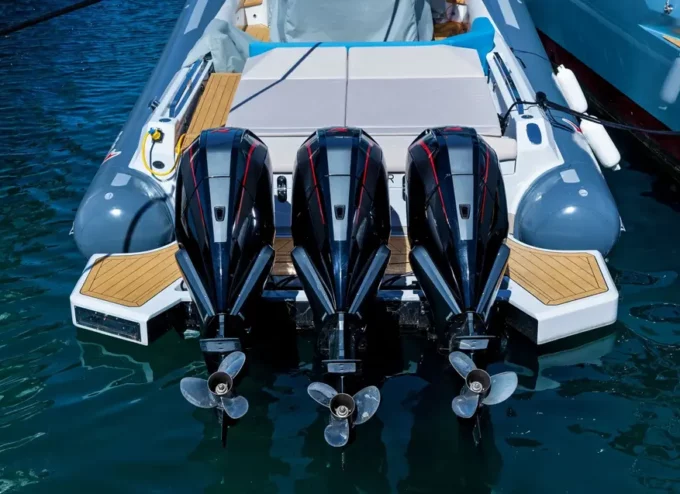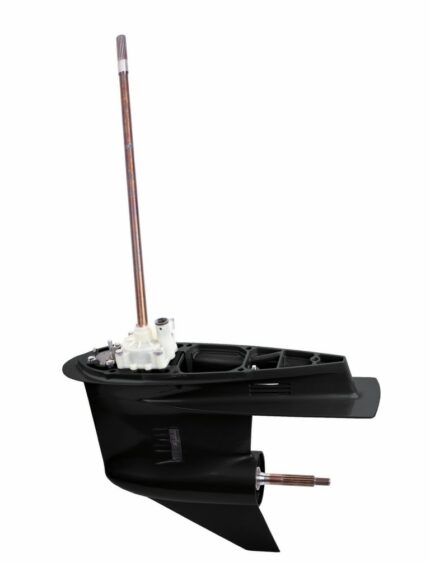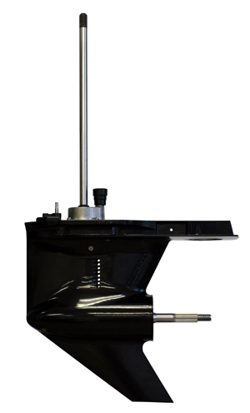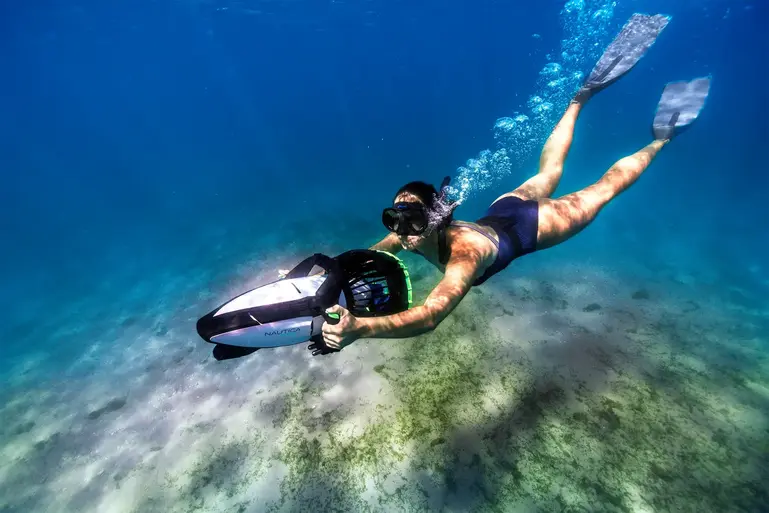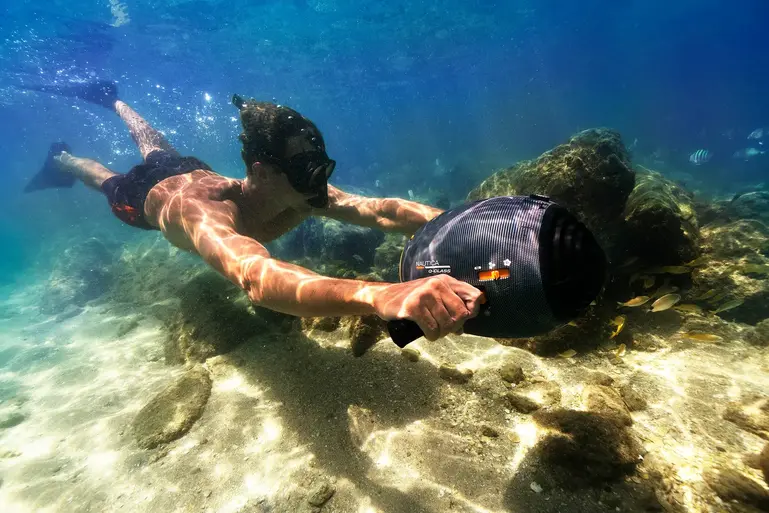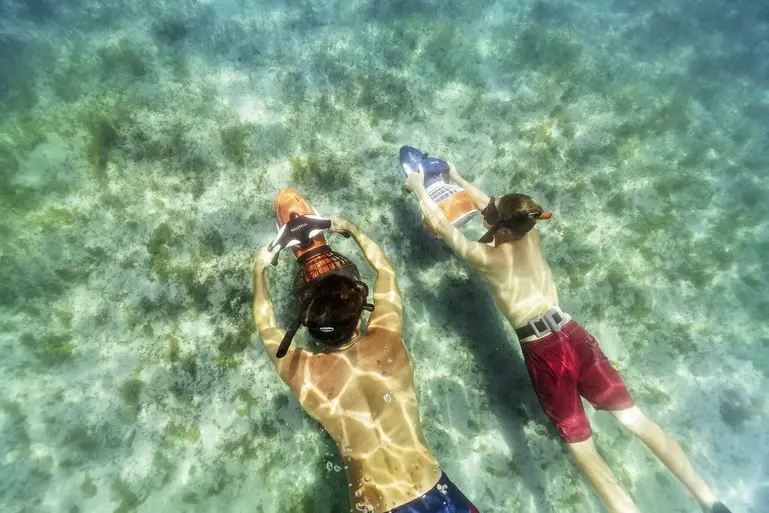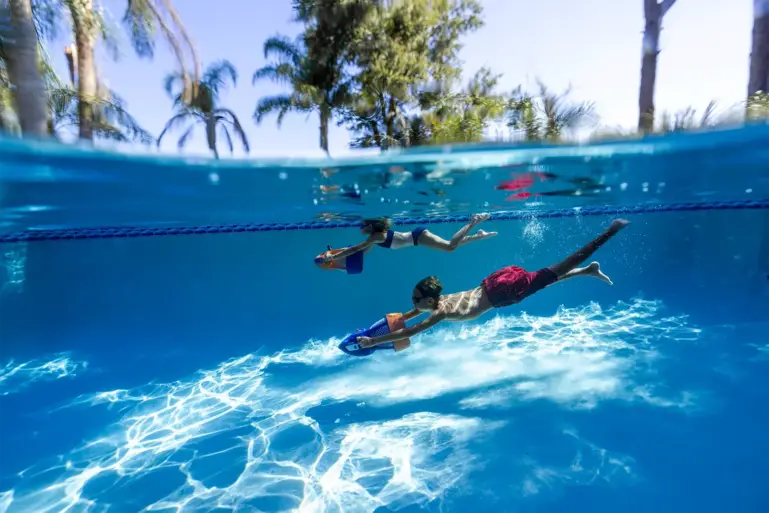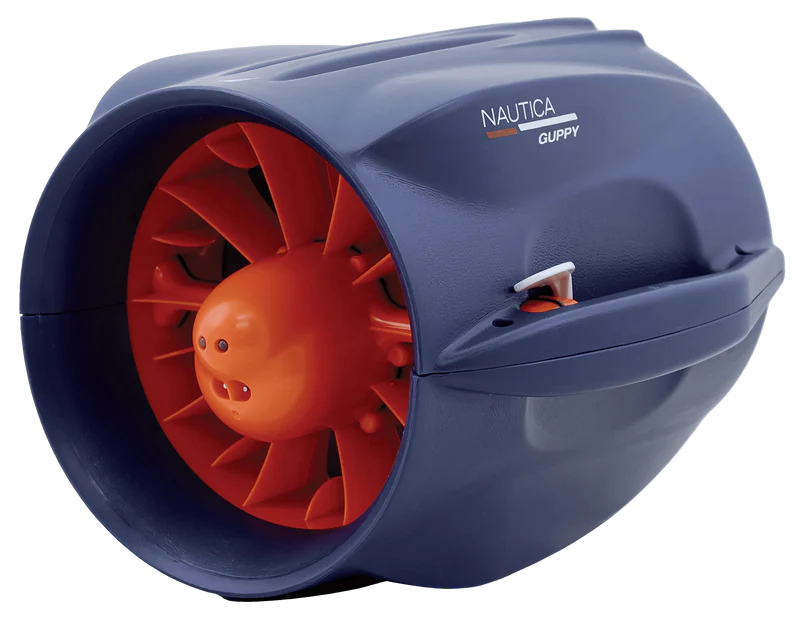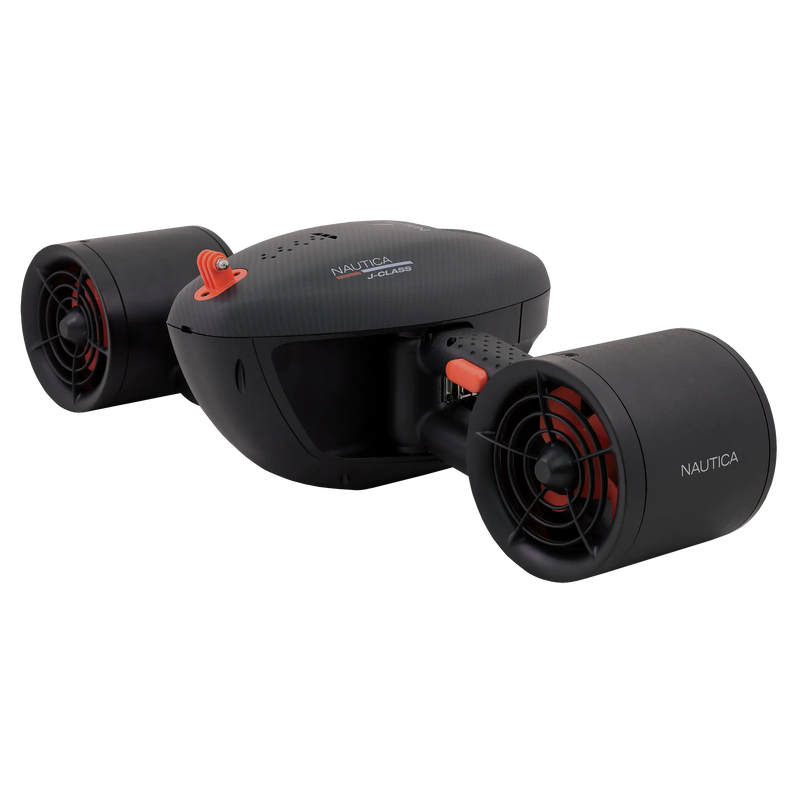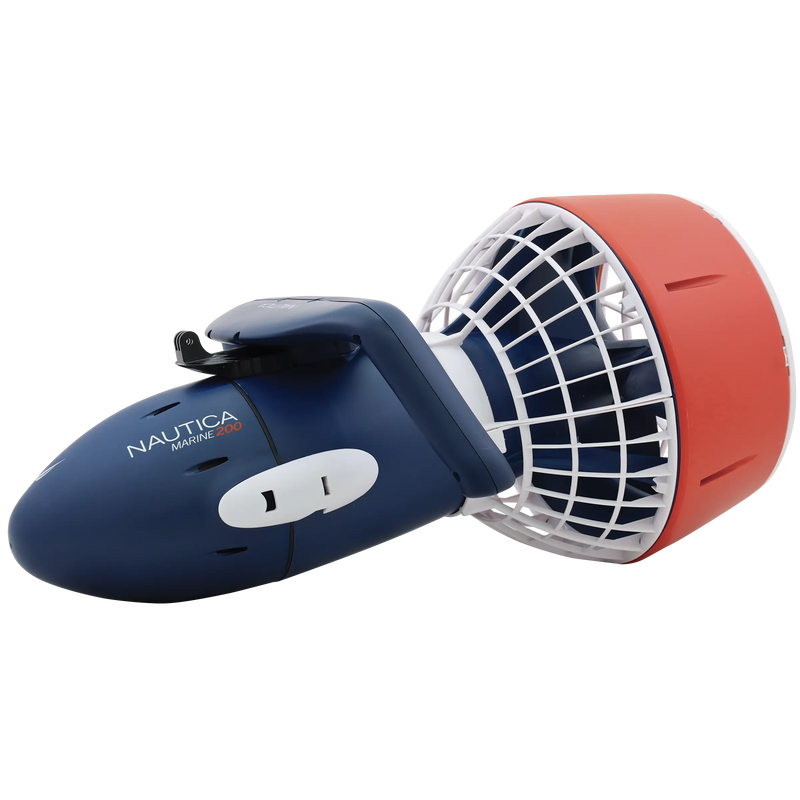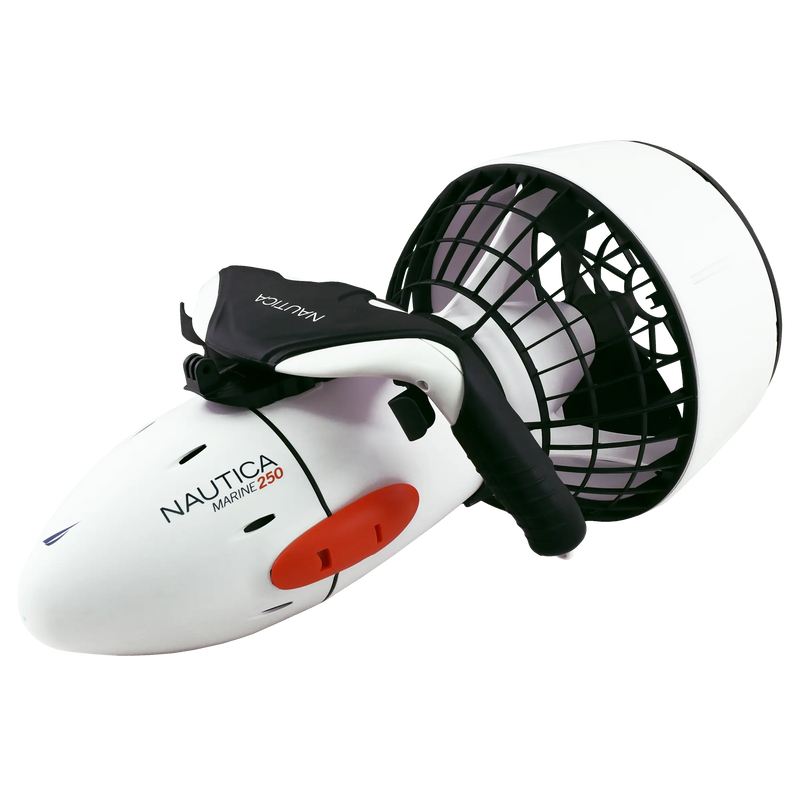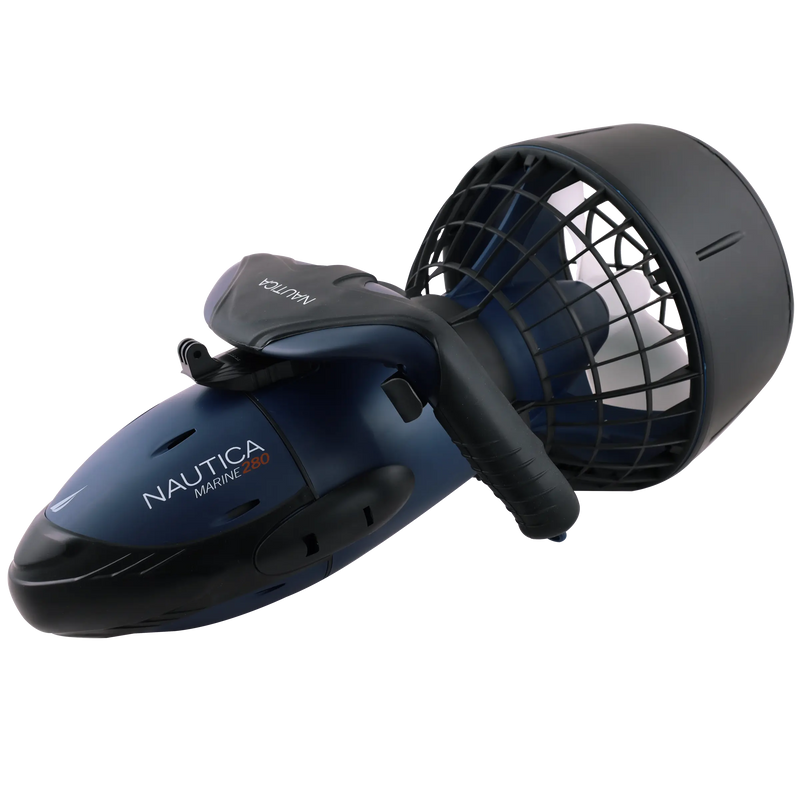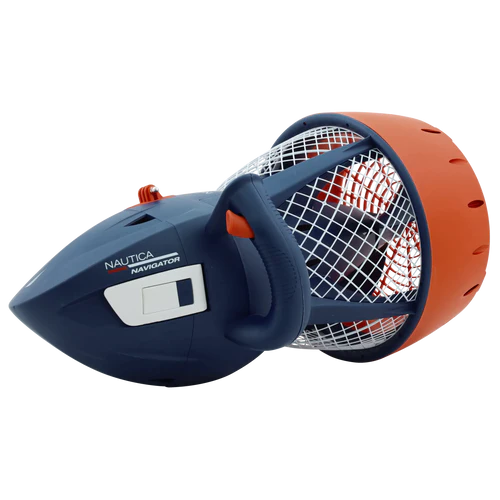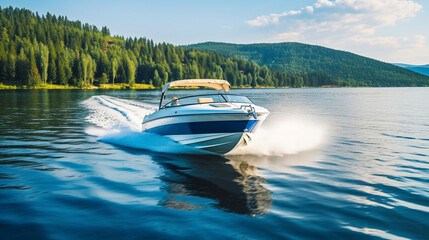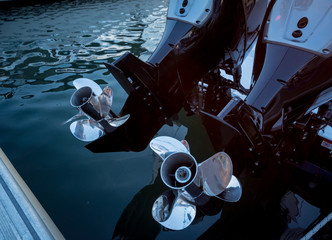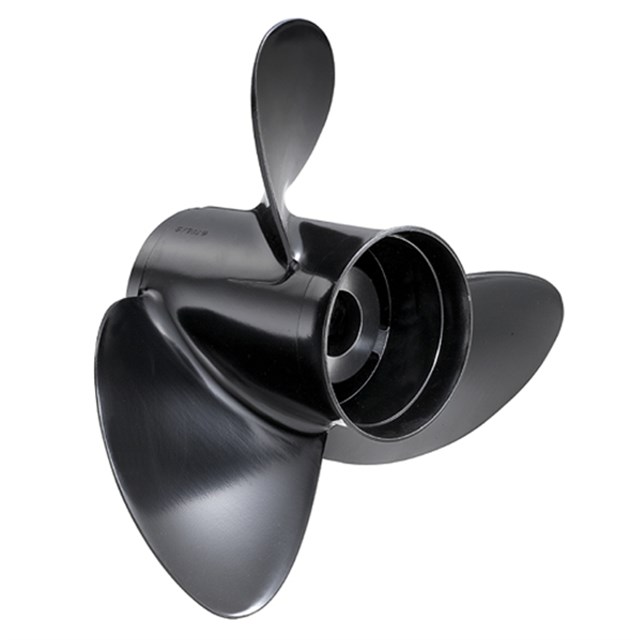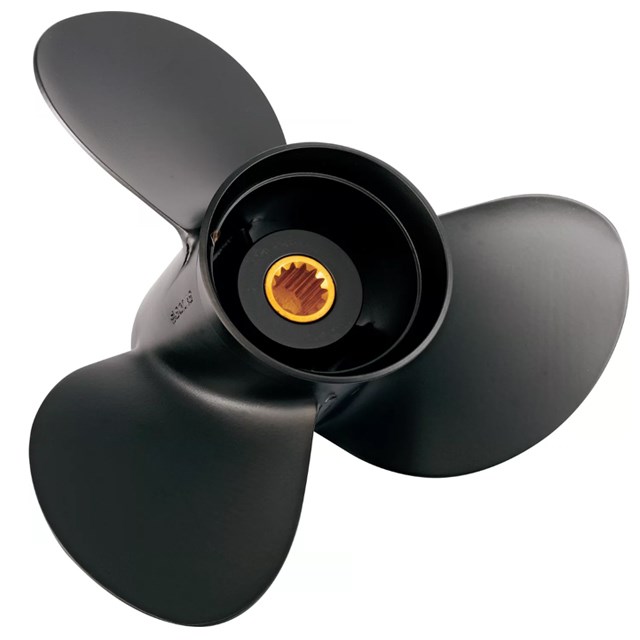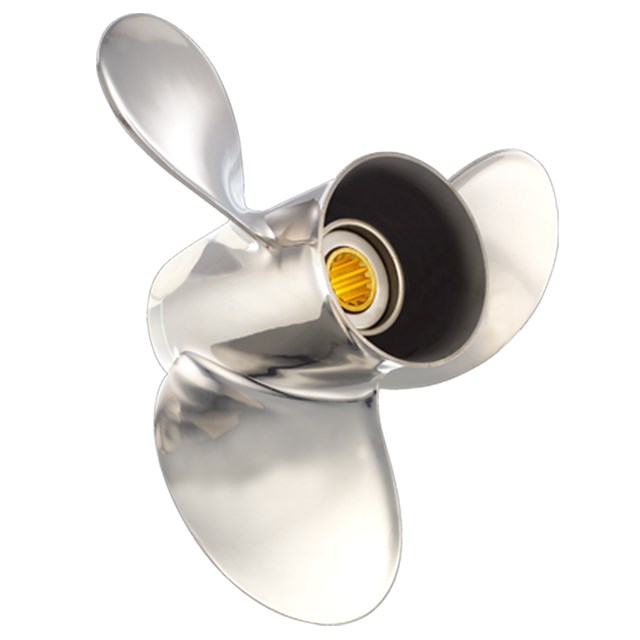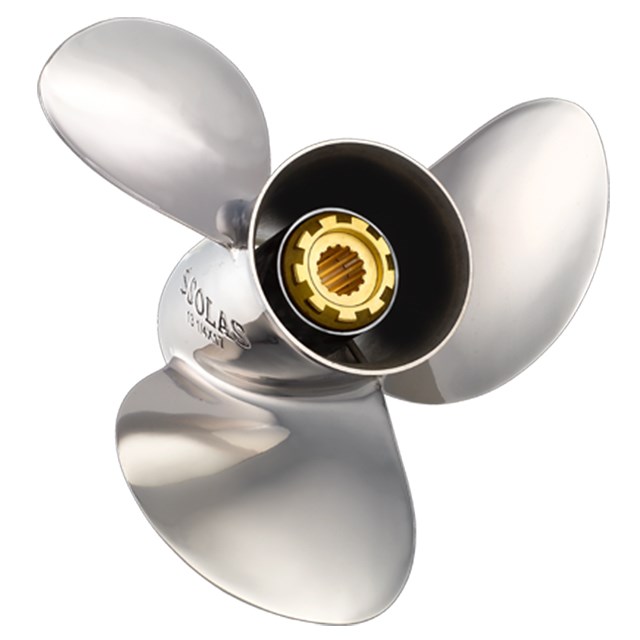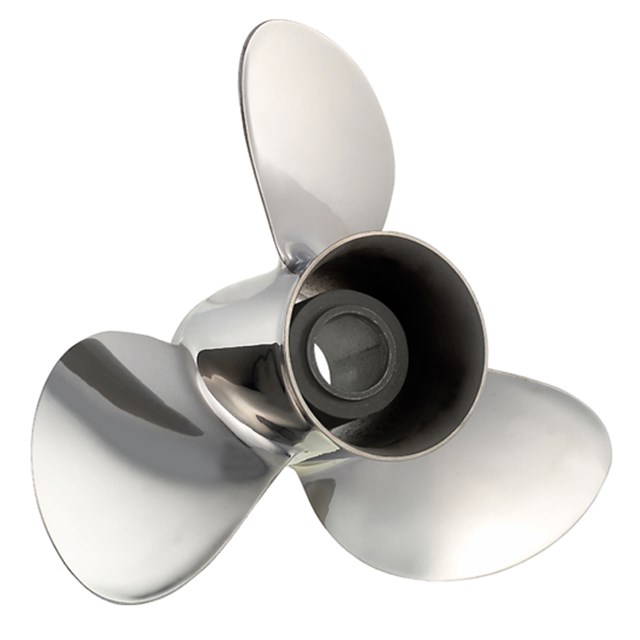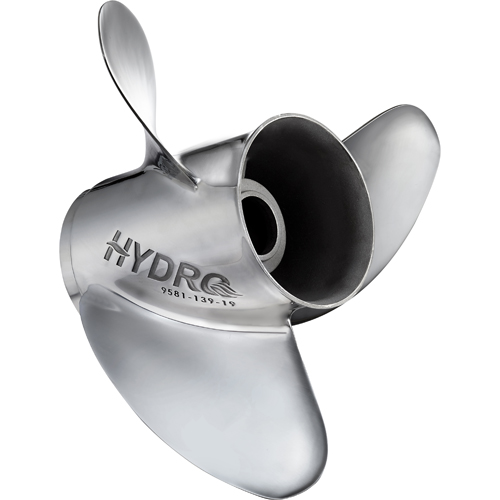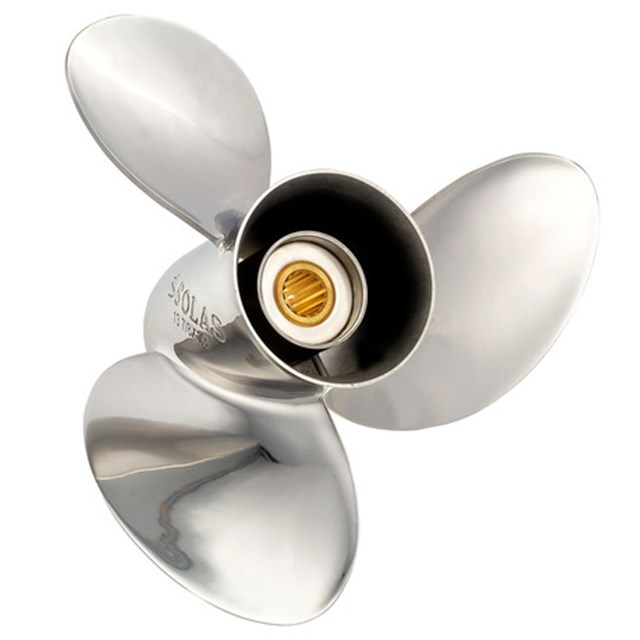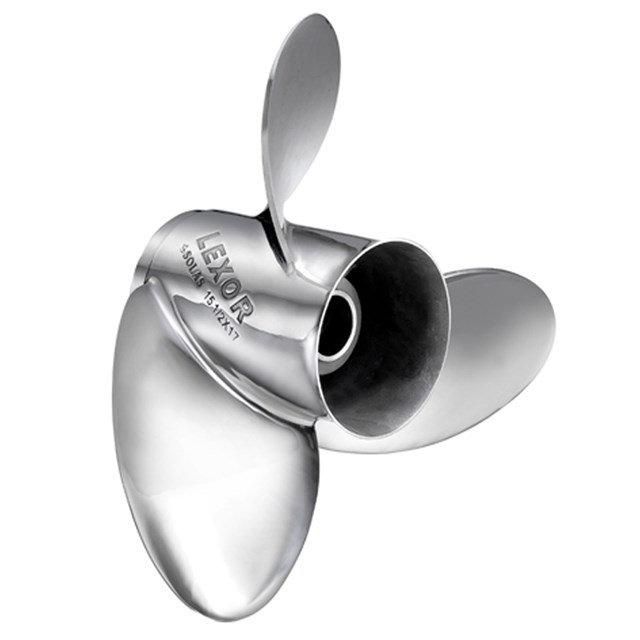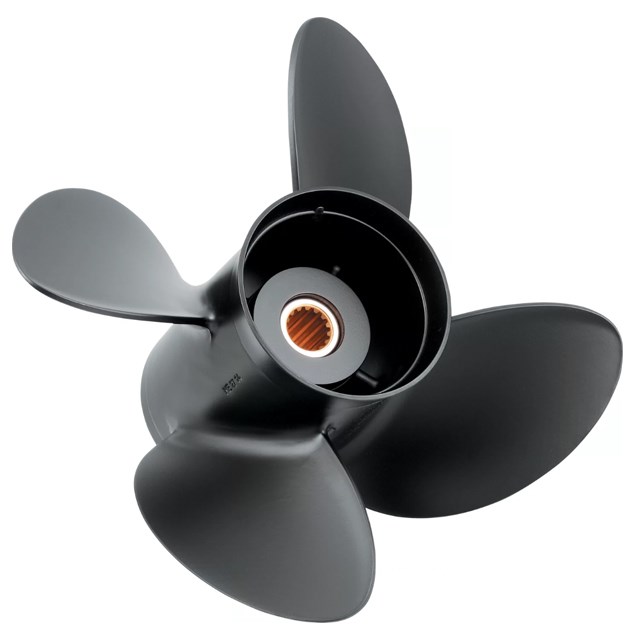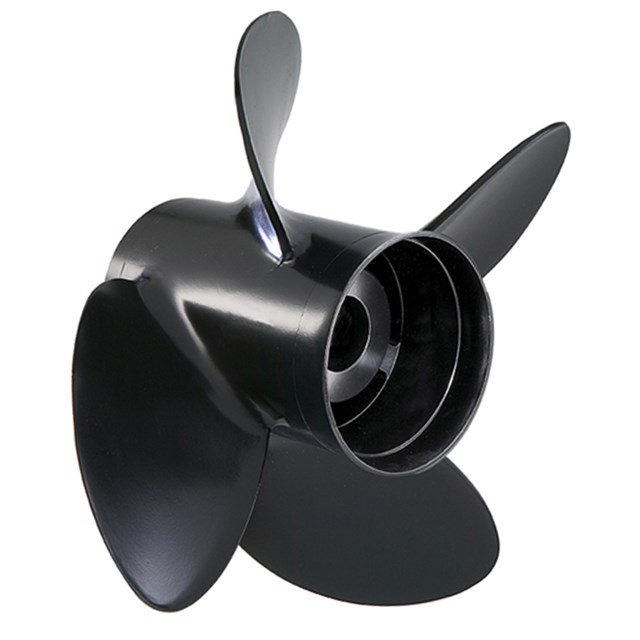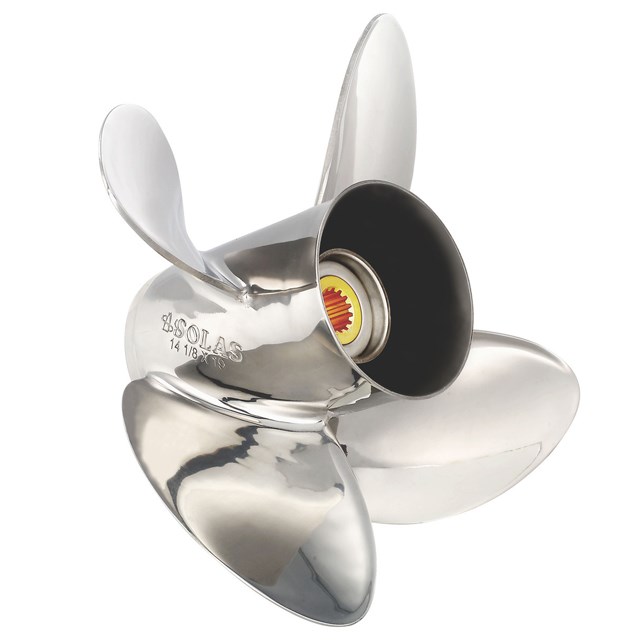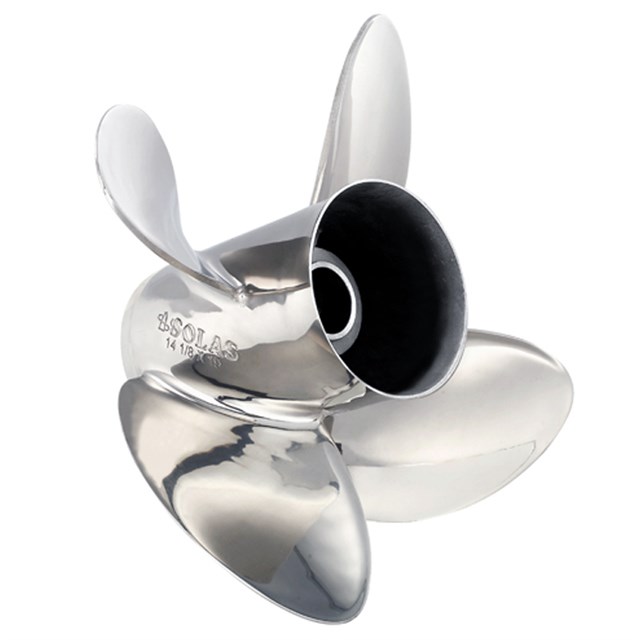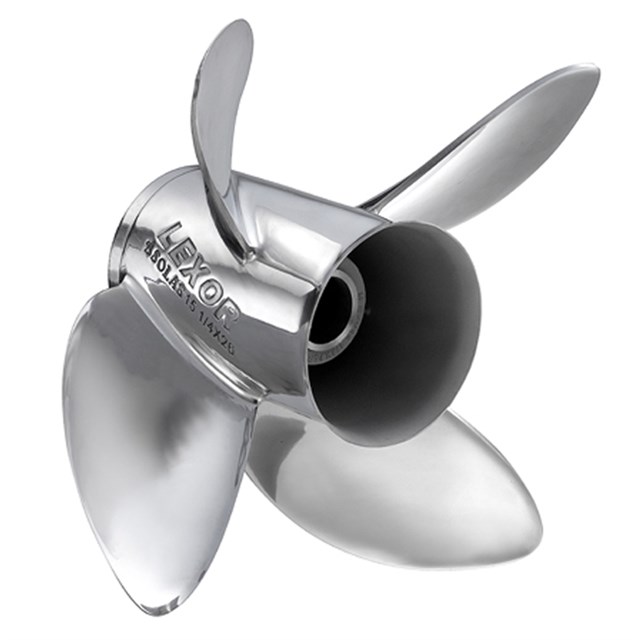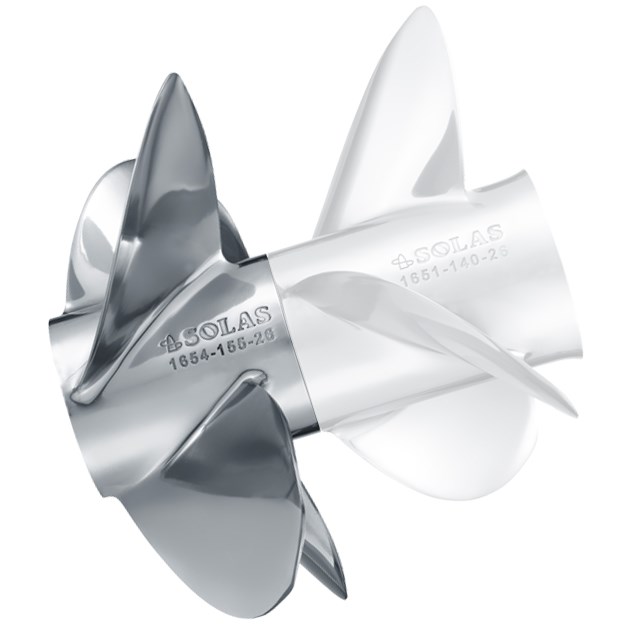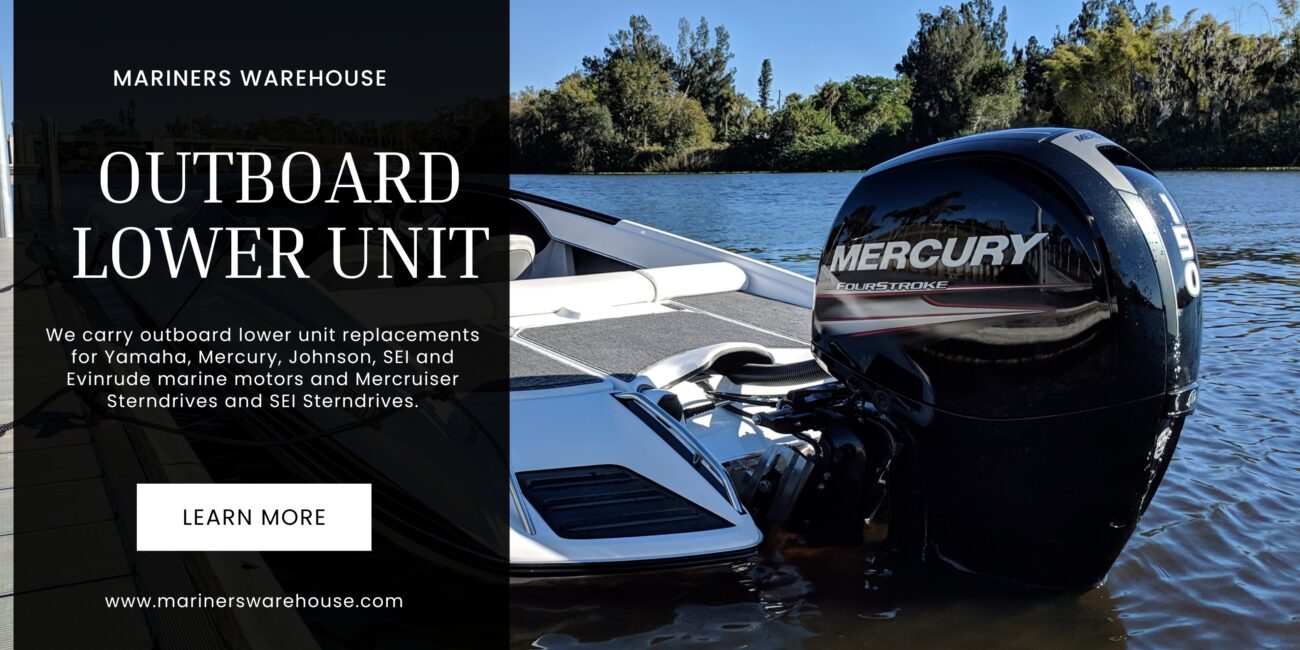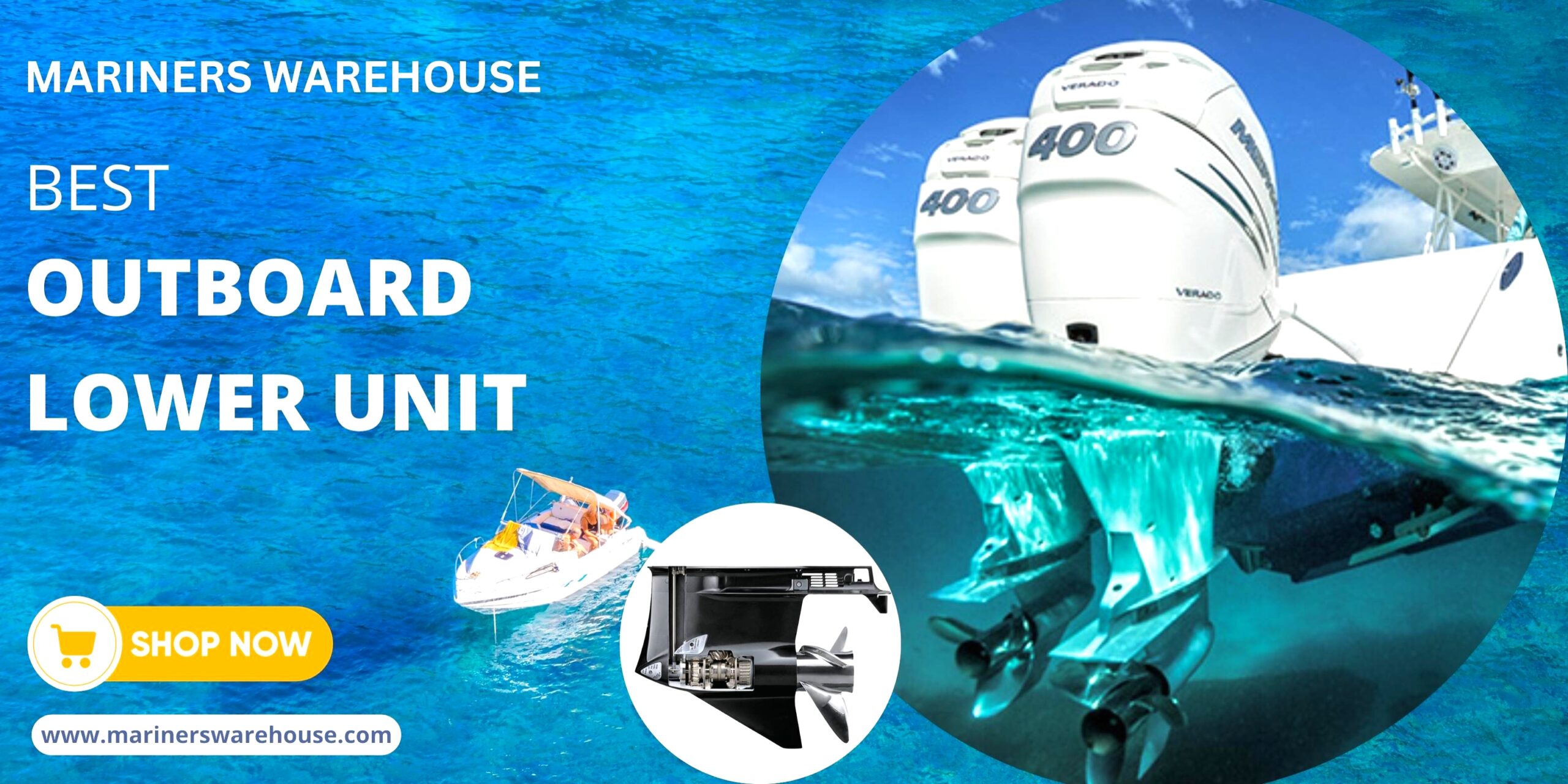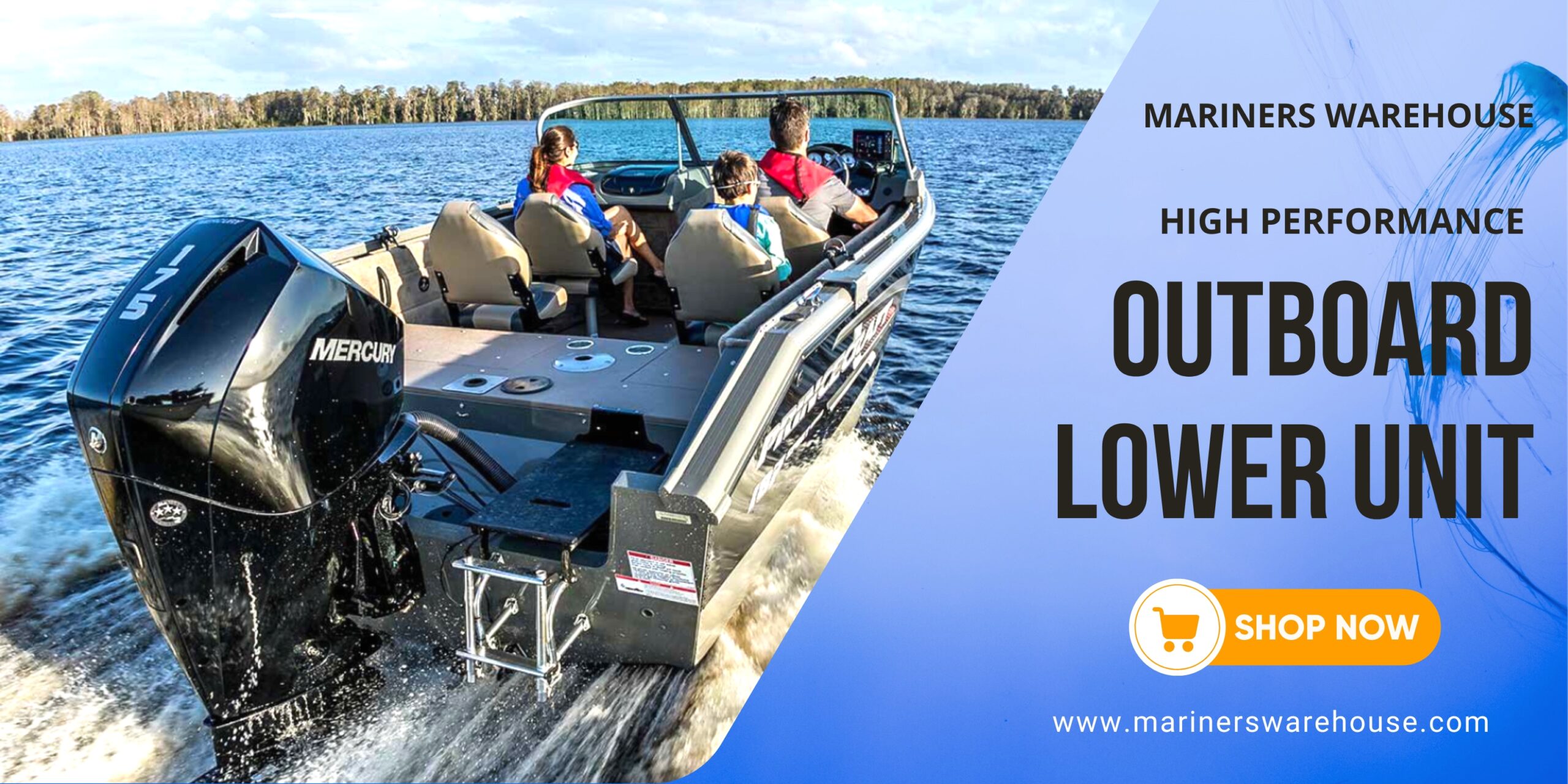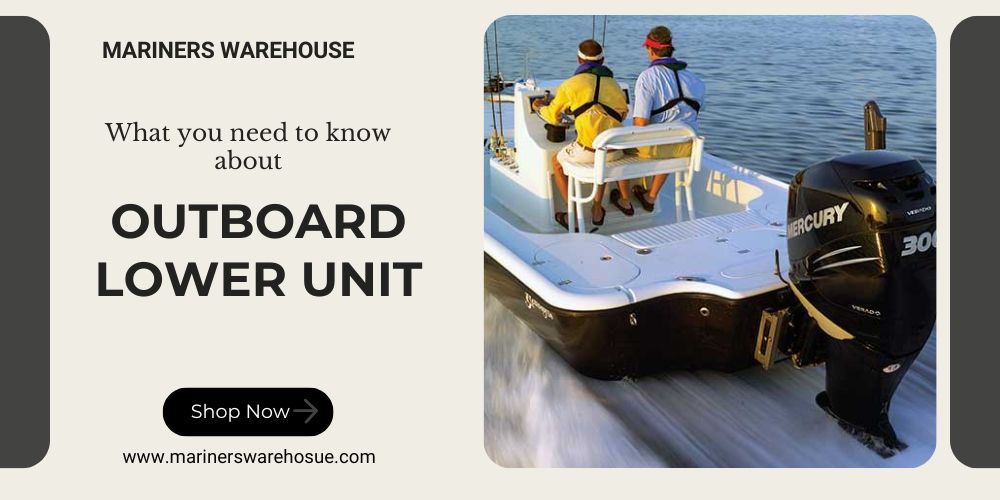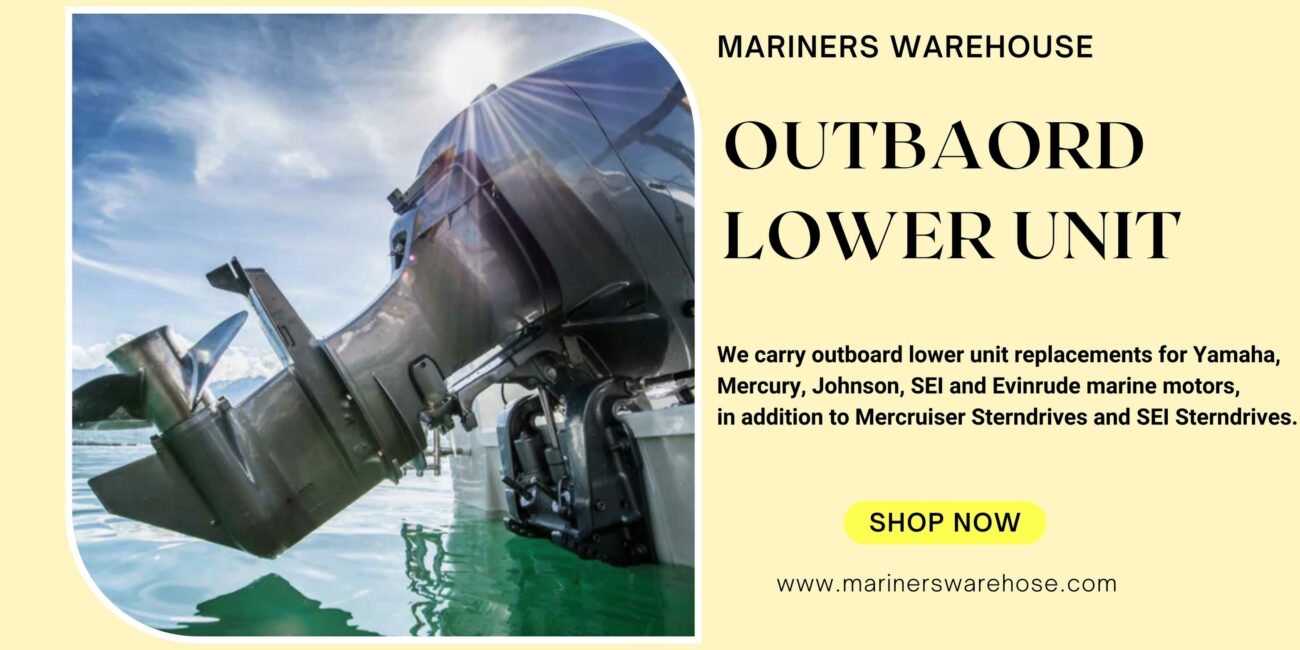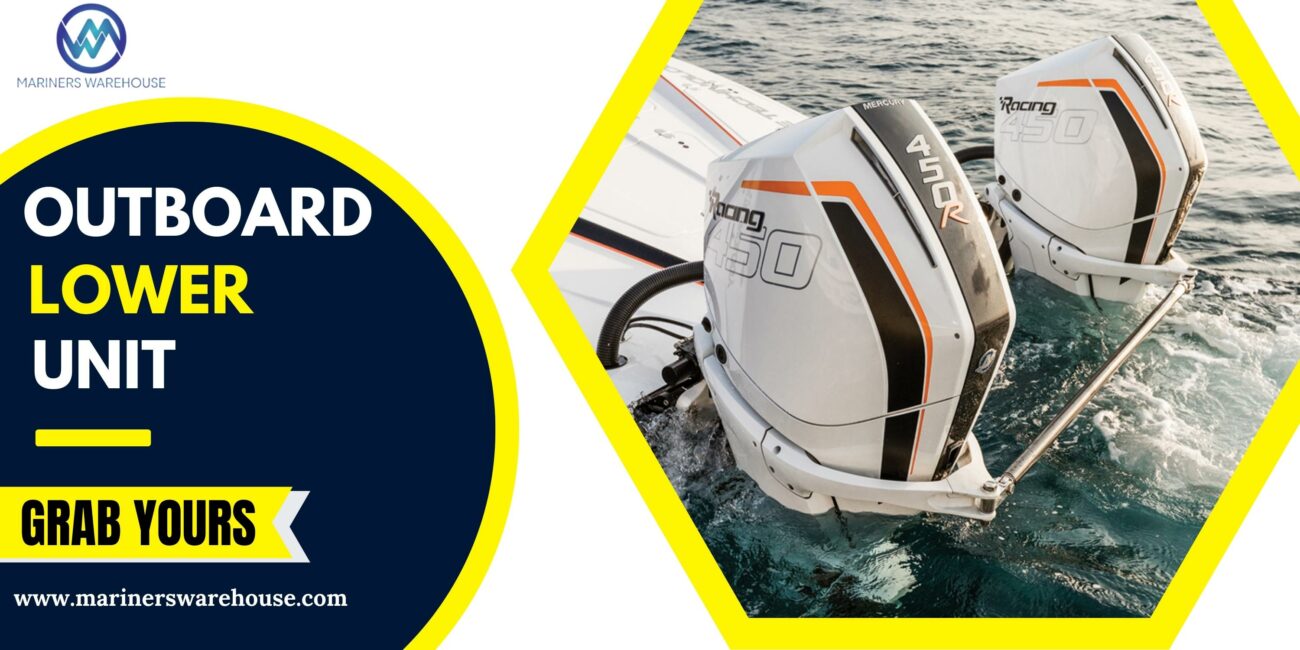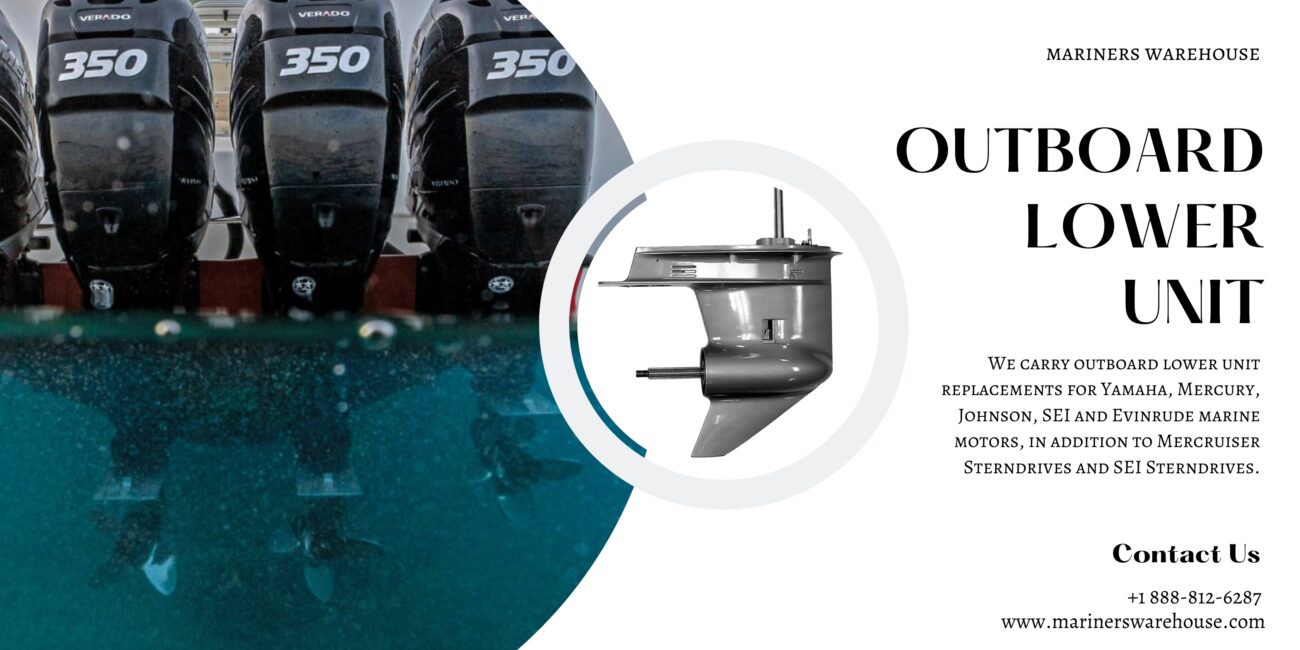Outboard lower unit care tips for a safe and enjoyable winter season
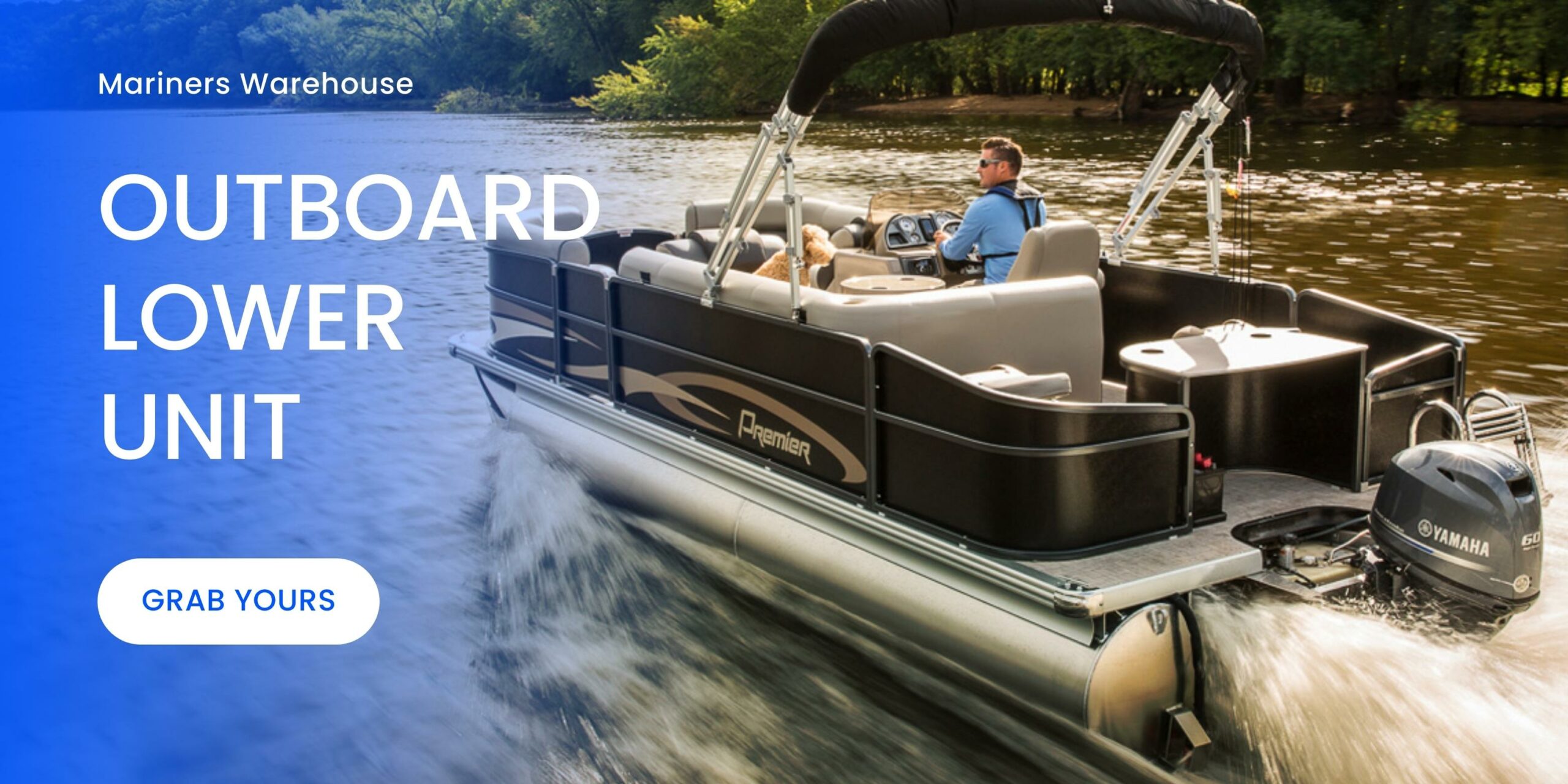
Remember some things if you want a pleasant and secure winter. Maintaining safety guidelines of the outboard lower unit will keep your boat afloat and give you a better time on the water in the winter season. This article is a thorough resource for keeping your boat seaworthy and functional throughout the entire winter season.
Why does your outboard lower unit need special attention during the winter?
You must take care of your lower unit in the winter season. This is when your machine will experience the highest stress. Lower unit damage can be avoided and even prevented with proper maintenance and care. Even though your yamaha lower unit was built to endure the weather, it still needs special attention throughout the winter. This means it can survive winds of up to 100 kilometers per hour and temperatures as low as -20 degrees celsius. The second reason it’s essential to take care of your lower unit throughout the winter is its unique demands at this time of year. This includes ensuring no leaks or cracks in any of its parts, which could cause injury or full damage if they are not repaired immediately. Winter maintenance on your lower unit is crucial because it has several features—heating systems, insulation, and windows—to keep you warm.
What procedures must be taken to winterize your lower unit?
First and foremost, fresh gear oil should be the priority for your lower unit mercury. The impeller should be inspected for wear and replaced if necessary. Grease the zerk fittings on your mercruiser alpha one lower unit after you’ve replaced the impeller. Finally, to complete the flushing process, connect a garden hose to the lower unit’s water intake and let it run for about 20 minutes then store it safely.
How to properly winterize your outboard lower unit?
Taking certain precautions before winterizing your outboard mercury lower unit away for the winter is vital. Remove any residue outside the lower unit with a soft cloth and fresh water for a thorough winterization of your outboard motor. Corrosion may be avoided while the item is stored. Taking out the drain plug and letting the oil run freely into a catch pan will rid the lower unit of all its oil. Once the old oil has been drained, you can replace the drain plug and add new gear lube to the mercruiser lower unit.
Flush the water pump’s impeller with clean water to remove accumulated salt or minerals. It would help if you also used some new gear lubrication to grease the O-rings on the water pump before putting it back together. In the end, you should fog the engine by spraying a fine oil mist into the carburetor and starting the engine. This will protect the engine from internal corrosion while it’s stored.
Getting the lower unit drained and flushed
Care for your lower unit outboard properly this winter by following these easy steps. Remove the old oil from the alpha one lower unit and put in new. This will prevent rust and corrosion from damaging the gears and bearings. To avoid any further potential harm, it is recommended to flush the boat lower unit with clean water and not with any acidic water. Check the lower part for damage or wear. Having any issues fixed before using the outboard again is a must. Following these easy maintenance procedures, you can avoid costly repairs to your outboard’s evinrude lower unit in the winter season.
Water pump inspection and replacement
Regular maintenance includes checking the water pump and replacing it if necessary. A water pump pumps coolant through the motor to maintain optimal engine temperature. Overheating might occur in the engine if the water pump isn’t functioning correctly. The water pump and impeller (responsible for recirculating the coolant) should be checked routinely to prevent this. If the impeller or housing has been damaged or the pump isn’t recirculating coolant as efficiently as possible, it’s time for a replacement. Replacing a water pump is fairly straightforward, but it’s best to leave it to a professional if you’re uncomfortable doing it yourself.
Greasing the prop shaft
Grease the prop shaft of your outboard motor regularly to protect it from corrosion and keep it running smoothly. Suggestion: take out the blade and put it somewhere safe. Apply marine grease liberally to the prop shaft to fill all thecracks. Replace the blade and snug it down by hand. Check the snugness of the propeller nut with a socket wrench or similar tool, then remove any excess grease with a rag.
Benefits of winterizing your outboard lower unit
As the weather starts to cool down and winter approaches, taking care of your outboard lower unit is important. Winterizing your lower unit will help prevent freezing and corrosion and extend the life of your outboard. Here are some benefits of winterizing your outboard lower unit. Prevent freezing: Water can freeze in your outboard motor lower unit, causing damage to the bearings, gears, and other parts. Winterizing your sei marine lower units will help to prevent this from happening. Prevent corrosion: Salt water can corrode the metal parts of your bravo one lower unit. Winterizing will help to prevent this by keeping salt and moisture out. Extend the life of your outboard: Taking care of your johnson lower unit will help extend your outboard’s life. Winterizing is an important part of taking care of your outboard and will help it last longer.
What are some common problems with outboard lower units in the winter season?
One of the most common problems with outboard sei lower units during winter is freezing. This can happen when water gets into the unit and freezes, causing damage to the gears and bearings. Another problem is corrosion, which happens when salt or other chemicals build up on the metal parts and cause them to break down over time.
How to troubleshoot and fix common problems in the winter season?
If you live in an area that gets cold in the winter, you need to take extra care of your outboard lower unit. Here are some tips on troubleshooting and fixing common problems in the winter season. If your outboard doesn’t start, ensure that the charge of the battery and that there is gasoline in the tank. Check the spark plugs and ignition system, if the problem persists. If your outboard stalls or runs poorly, it could be due to a fuel issue.
Ensure fresh gas is in the tank, and the fuel line is not clogged. If your outboard is hard to steer, check the steering cable and lubricate it if necessary. If your outboard makes strange noises, it could indicate a problem with the water pump or impeller. Inspect these parts and replace them if necessary. If your outboard overheats, ensure enough water in the cooling system and the thermostat is working properly.
How to properly store your outboard lower unit during the winter season?
In winter, it is a great idea to store your outboard lower unit in a dry location protected from sunlight and moisture. You can store your outboard lower unit outside in a warm climate. However, if you live in an area where the temperature drops below freezing point, keeping your outboard mercury outboard lower units indoors is important. Place the outboard lower unit on a flat surface where the wheels will not get caught on anything when moving around. This will help prevent damage to the bottom of the boat if it tips over during transportation or storage. Remove the fuel tank and fill it with fresh fuel at least once a year.
Always keep the level above half full. Clean your outboard lower unit thoroughly before storing it for the winter months. This helps prevent dirt and debris from settling into crevices, where they can cause problems when you use your outboard in the springtime, such as a clogged or dirty carburetor or engine. If you have an electric starter, disconnect it from the battery so that it does not drain the battery when not in use. Make sure to disconnect all your accessories (such as an outboard motor fuel pump) from their batteries.
Conclusion
Make sure to take extra care this winter, as not only is your lower unit more vulnerable to damage, but there are also a couple of potential dangers that can come with long-term storage. If you do find yourself in need of an outboard lower unit repair, however, the tips above should help you get back on the water in no time. In short, by taking the proper precautions against saltwater and storage damages in this winter, you should be able to ensure that your motor stays running safely for years to come. All you have to do is follow these above simple tips and enjoy your time on the water without worry!
